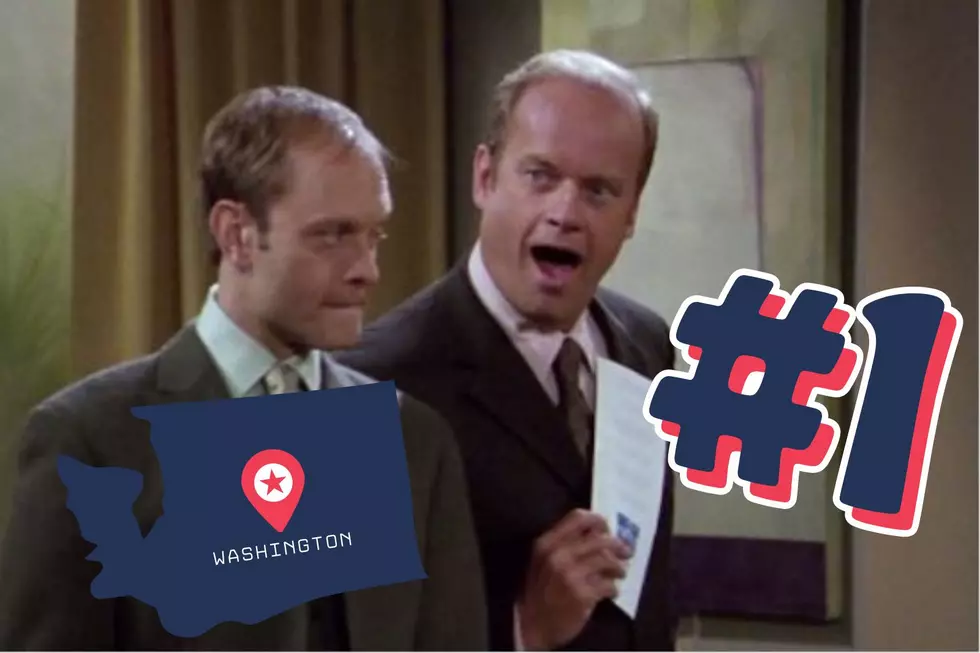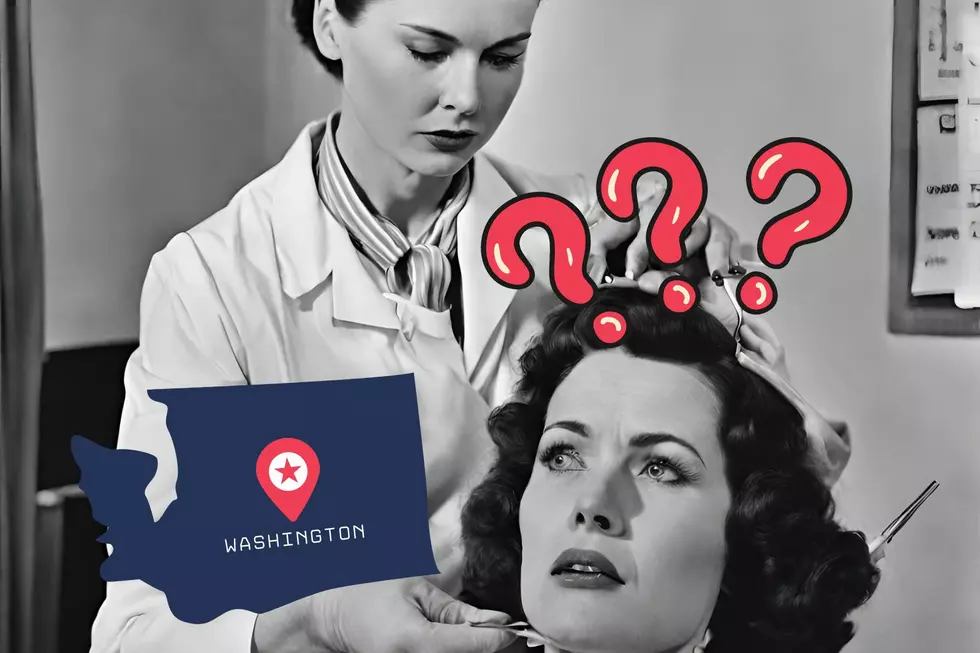
Louis C.K. on Sexual Misconduct: ‘These Stories Are True’
In recent months, while promoting the release of his upcoming indie feature I Love You, Daddy, Louis C.K. has been asked about rumors of his sexual misconduct that have circulated for years. Given that some parts of his film eerily — and perhaps even brazenly — evoke those rumors, it’s a fair question, but one he has repeatedly dodged, refusing to validate those rumors by so much as acknowledging them. But after five women came forward with allegations about C.K.’s past sexual misconduct in the New York Times, the comedian has finally broken his silence in a public letter.
C.K. sent the letter to various publications, asking that it be printed in full. I’ve done so below. In it, C.K. confirms that the stories five women — comedians Dana Min Goodman and Julia Wolov, Abby Schachner, Rebecca Corry, and one unnamed former production associate — shared in yesterday’s New York Times report are true. The comic takes full responsibility for his actions and expresses remorse to the women he’s hurt; moreover, he recognizes the extent to which his actions continue to affect those women, his loved ones, and even his professional peers and fans.
I want to make something clear: C.K.’s letter is the right way to acknowledge and address these allegations. It doesn’t erase the poor way he handled questions about the allegations in the past, or how he dismissed fellow comedian Tig Notaro when she called him out by saying that he needed to address them. It doesn’t erase what he’s done or the hurt he’s caused, and it doesn’t justify his actions at any point in time — as stated in the letter, that isn’t his intent, nor should it be.
I want to address the stories told to The New York Times by five women named Abby, Rebecca, Dana, Julia who felt able to name themselves and one who did not.
These stories are true. At the time, I said to myself that what I did was okay because I never showed a woman my dick without asking first, which is also true. But what I learned later in life, too late, is that when you have power over another person, asking them to look at your dick isn’t a question. It’s a predicament for them. The power I had over these women is that they admired me. And I wielded that power irresponsibly.
I have been remorseful of my actions. And I’ve tried to learn from them. And run from them. Now I’m aware of the extent of the impact of my actions. I learned yesterday the extent to which I left these women who admired me feeling badly about themselves and cautious around other men who would never have put them in that position.I also took advantage of the fact that I was widely admired in my and their community, which disabled them from sharing their story and brought hardship to them when they tried because people who look up to me didn’t want to hear it. I didn’t think that I was doing any of that because my position allowed me not to think about it.
There is nothing about this that I forgive myself for. And I have to reconcile it with who I am. Which is nothing compared to the task I left them with.
I wish I had reacted to their admiration of me by being a good example to them as a man and given them some guidance as a comedian, including because I admired their work.
The hardest regret to live with is what you’ve done to hurt someone else. And I can hardly wrap my head around the scope of hurt I brought on them. I’d be remiss to exclude the hurt that I’ve brought on people who I work with and have worked with who’s professional and personal lives have been impacted by all of this, including projects currently in production: the cast and crew of Better Things, Baskets, The Cops, One Mississippi, and I Love You Daddy. I deeply regret that this has brought negative attention to my manager Dave Becky who only tried to mediate a situation that I caused. I’ve brought anguish and hardship to the people at FX who have given me so much The Orchard who took a chance on my movie. and every other entity that has bet on me through the years.
I’ve brought pain to my family, my friends, my children and their mother.I have spent my long and lucky career talking and saying anything I want. I will now step back and take a long time to listen.
Thank you for reading.
It is entirely possible to read this letter through a cynical lens (as in, perhaps he’s only sorry that he was outed). But I want to suggest an alternative: It is also possible to feel negatively about his past actions while simultaneously understanding that the sentiments expressed in this letter are thoughtful, and that many of them are the right words to say in such a horrible situation. For some that may be too little, too late. I understand. Your opinions are your own and rightfully yours to have; we must all cope and process in the ways that feel right to us.
For me, that means that I cannot in good conscience condemn such actions publicly, rail against the systemic misogyny that enables them, and cry for justice if I do not believe that people are capable of change. Because if we do not allow human beings the space to admit their mistakes, to learn and grow from them and make amends when and if possible, then what are we fighting about? What are we fighting for if not for real change?
Does that mean C.K.’s career should be immediately handed back to him, fully intact on a silver platter while we all forget what he’s done? No. Not at all. What that means is that the community that enabled his actions should be thoroughly examined, and that those in that community most affected by his actions should have a say in when and how to welcome him back — if ever.
The only thing I am suggesting is that perhaps we, while retaining our justifiable skepticism, take a moment to appreciate (begrudgingly, sure) those words and see if the person who wrote them follows through.
More From 98.3 KEYW










